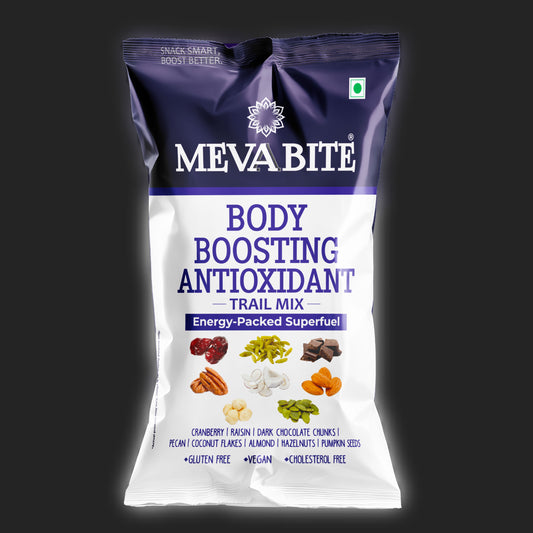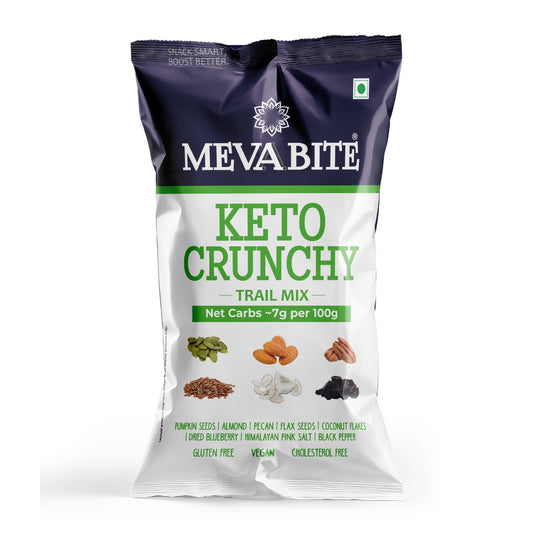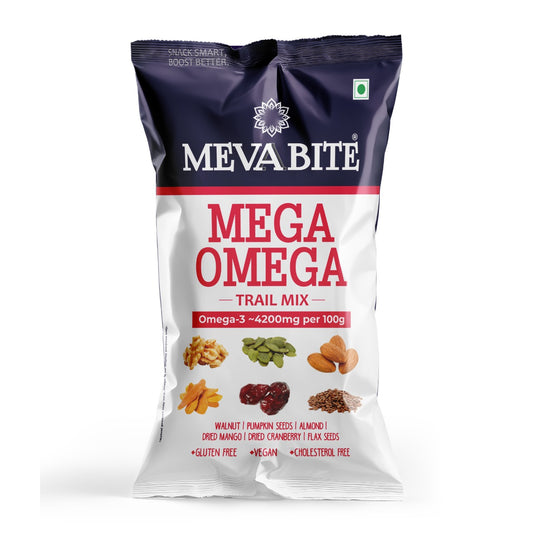Which dry fruits are the most nutritious for kids?
Summary: Almonds, walnuts, cashews, and dates are among the most nutritious dry fruits for kids.
Detailed Answer:
- Almonds: High in healthy fats, vitamin E, and magnesium.
- Walnuts: Rich in omega-3 fatty acids and antioxidants.
- Cashews: Packed with protein, healthy fats, and essential minerals.
-
Dates: Good source of natural sugars, fiber, and potassium.
Are there any dry fruits that are particularly good for kids' brain development?
Summary: Walnuts and almonds are particularly good for kids' brain development due to their high omega-3 and vitamin E content.
Detailed Answer:
- Walnuts: High in omega-3 fatty acids, which are essential for brain health.
-
Almonds: Contain vitamin E, which supports cognitive function.
How can I incorporate dry fruits into my child's diet in a fun and appealing way?
Summary: Incorporate dry fruits into your child's diet by adding them to snacks, meals, and desserts in creative ways.
Detailed Answer:
- Smoothies: Blend dry fruits into smoothies for a nutritious drink.
- Trail Mix: Create a homemade trail mix with nuts, seeds, and dried fruits.
- Baking: Add chopped dry fruits to muffins, cookies, and bread.
-
Yogurt Toppings: Sprinkle dry fruits over yogurt for a healthy snack.
Are there any potential allergies or side effects of giving dry fruits to kids?
Summary: Yes, some kids may have allergies to certain dry fruits, and excessive consumption can lead to digestive issues.
Detailed Answer:
- Nut Allergies: Common with almonds, walnuts, and cashews.
- Digestive Issues: Excessive consumption can cause stomach upset and diarrhea.
-
Choking Hazard: Whole nuts can be a choking hazard for young children.
What are the recommended serving sizes of dry fruits for children of different ages?
Summary: Recommended serving sizes of dry fruits vary by age, but generally, a small handful (1/4 cup) per day is adequate.
Detailed Answer:
| Age Group | Recommended Serving Size |
|---|---|
| 1-3 years | 1-2 tablespoons |
| 4-8 years | 2-3 tablespoons |
| 9-13 years | 1/4 cup |
| 14-18 years | 1/4 to 1/2 cup |
Conclusion
Incorporating dry fruits into your child's diet can offer numerous health benefits. They are nutritious, support brain development, and can be added to meals and snacks in fun ways. However, be mindful of potential allergies and portion sizes to ensure your child's safety and optimal health.














